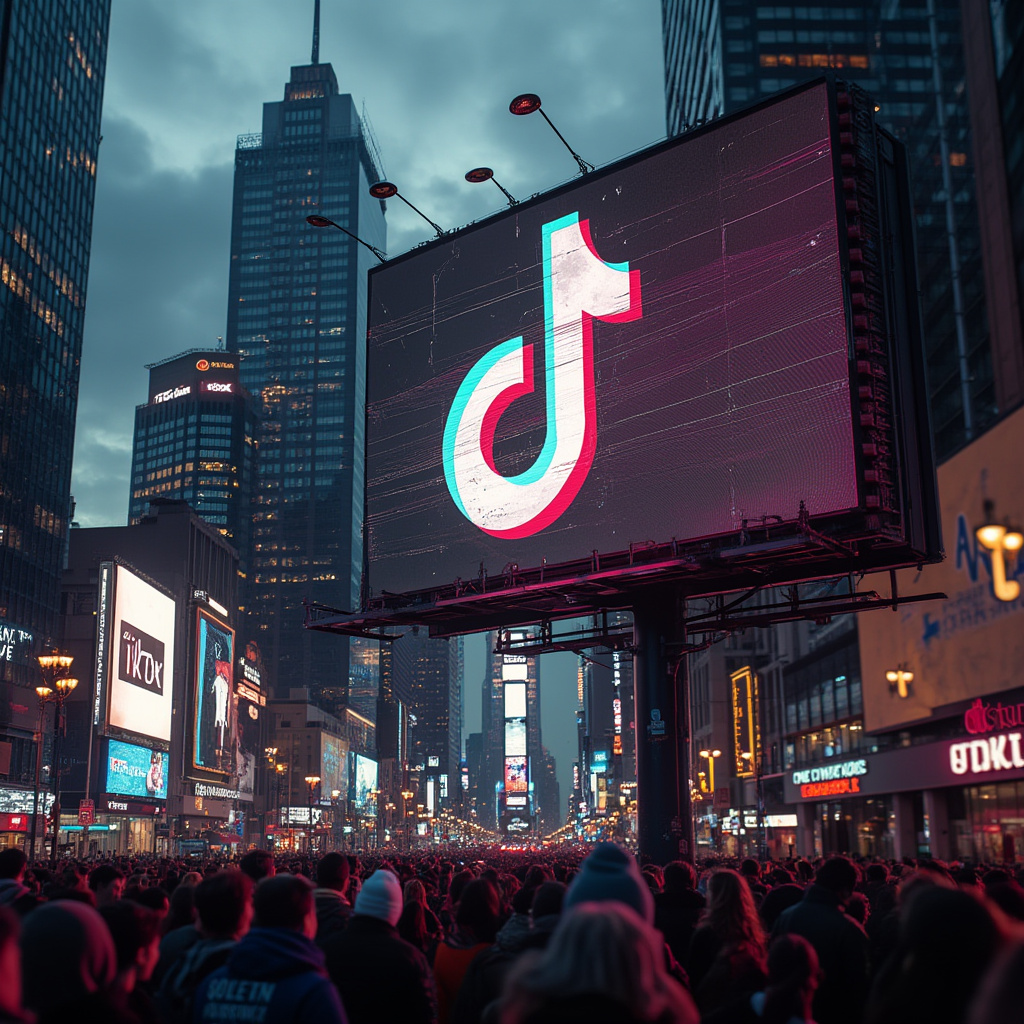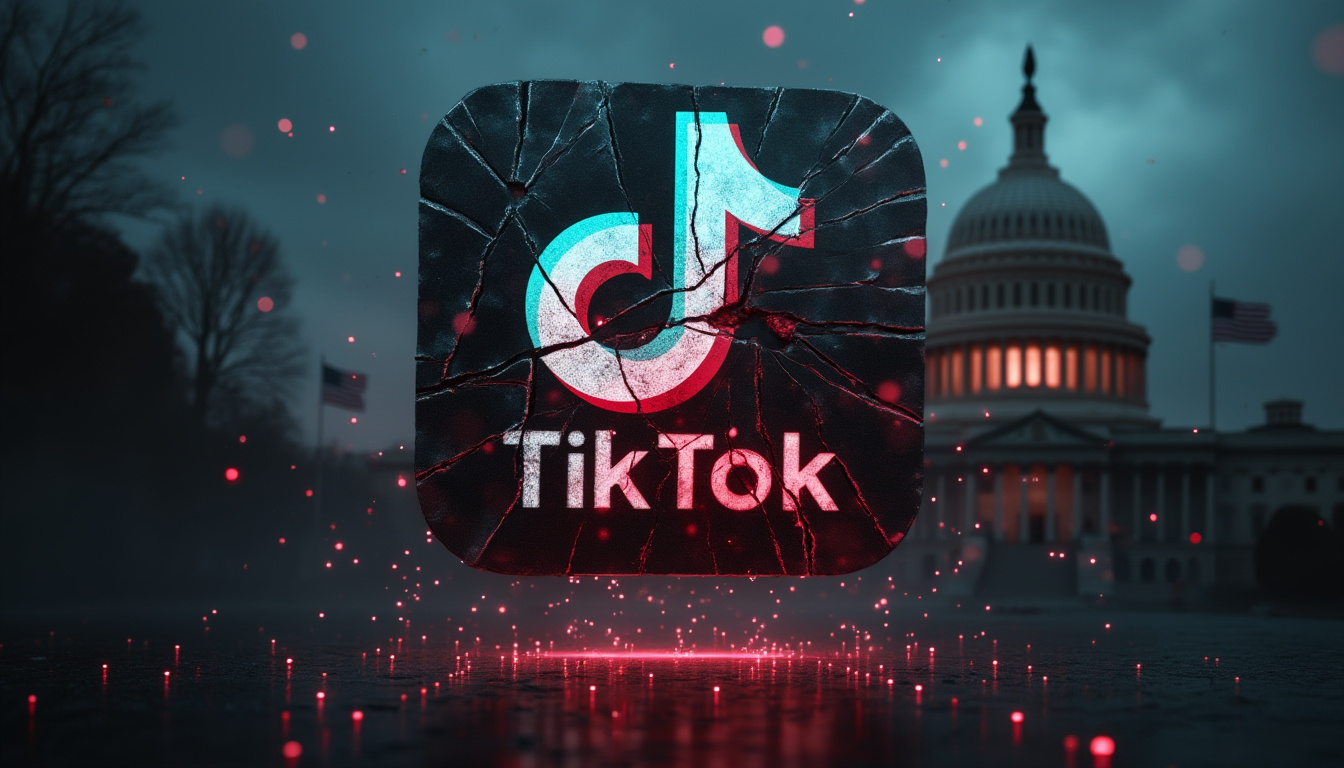
TikTok, the wildly popular short-form video app, finds itself at a critical crossroads in the United States. Owned by the Chinese company ByteDance, TikTok has been under intense scrutiny since 2020 due to concerns over national security and data privacy. With over 170 million active users in the US, TikTok’s influence is undeniable. Yet, lawmakers have been advocating for restrictions or an outright ban, citing fears of data sharing with the Chinese government and potential misuse of user information. The legal challenges began to escalate in March 2024 when the US House of Representatives passed the Protecting Americans from Foreign Adversary Controlled Applications Act (PAFACA). This bipartisan bill mandated ByteDance to divest from TikTok within six months or face a ban in the US. The Senate followed suit in April 2024 with a modified version of the bill, which was swiftly signed into law by President Joe Biden on April 24, 2024. This legislative action set the stage for a potential showdown between TikTok and US authorities. In a significant legal battle, the US Supreme Court on January 17, 2025, upheld the TikTok ban in the case TikTok, Inc. v. Garland. The court rejected TikTok’s argument that the ban violated First Amendment free speech rights, dealing a blow to the app’s legal defense. As the ban was set to take effect on January 19, 2025, TikTok preemptively suspended its services in the US on January 18. Users encountered error messages, and the app vanished from app stores, marking a temporary shutdown of the platform. In a surprising twist, newly inaugurated President Donald Trump signed an executive order on January 20, 2025, instituting a 75-day period of non-enforcement of PAFACA. This move temporarily restored TikTok’s services in the US, providing a reprieve for its millions of users. As of February 2025, negotiations are underway for a potential deal involving Oracle and American investors taking over TikTok’s US operations. Under the proposed terms, ByteDance would retain a stake, while Oracle would manage data and software updates, aiming to address national security concerns. The primary justifications for the TikTok ban include national security fears about data collection and potential sharing with the Chinese government, concerns about Chinese influence on American users, data privacy issues, and worries about content moderation and misinformation. Critics argue that the ban could infringe on free speech rights and set a dangerous precedent for government control over social media platforms. The situation has sparked debates about the balance between national security and individual freedoms in the digital age. The US is not alone in its concerns about TikTok. Other countries, such as India, have implemented bans or restrictions on the app. This situation highlights the growing tensions between China and Western countries over technology and data security. The future of TikTok in the US remains uncertain. While negotiations for a sale or restructuring are ongoing, the outcome will depend on various factors, including national security assessments, legal challenges, and political considerations. The situation continues to evolve, with potential implications for US-China relations, data privacy laws, and the broader landscape of social media regulation. As the story unfolds, one thing is clear: TikTok’s journey in the US is far from over. As negotiations continue, the proposed deal involving Oracle and American investors aims to address national security concerns while keeping TikTok operational in the US. Under the terms, Oracle would oversee data management and software updates, potentially mitigating fears about foreign influence. Stakeholders, including ByteDance and Oracle, are engaged in detailed discussions to finalize the agreement. The involvement of American investors is seen as a strategic move to align with US regulatory requirements, ensuring transparency and compliance. The temporary shutdown and subsequent reprieve have highlighted the broader implications for the tech industry. The situation underscores the challenges of balancing national security with the free flow of digital services, raising questions about the future of international tech companies in the US market. Users and content creators are bracing for potential disruptions, exploring alternative platforms to maintain their online presence. This shift could influence the competitive landscape of social media, as other apps seek to capitalize on TikTok’s uncertain status. The TikTok saga is prompting a reevaluation of tech policies, particularly concerning data sovereignty and cross-border data flows. Policymakers are considering more stringent regulations to prevent foreign entities from accessing sensitive user data, which could affect other international tech companies operating in the US. This case serves as a catalyst for broader discussions on digital sovereignty and the need for comprehensive data protection laws. The outcome may set a precedent for how governments worldwide approach the regulation of foreign-owned tech platforms. TikTok’s journey in the US has been marked by intense legal and political challenges, reflecting broader tensions between national security concerns and individual freedoms. The app’s temporary shutdown, followed by a reprieve under the new administration, highlights the fluid and unpredictable nature of its situation. As negotiations continue, the outcome will depend on a delicate balance of factors, including national security assessments, legal challenges, and political considerations. The TikTok saga underscores the growing importance of data sovereignty and digital regulation in the global tech landscape. While the app’s future in the US remains uncertain, one thing is clear: the implications of this case extend far beyond TikTok, potentially reshaping how governments regulate foreign-owned tech platforms and balance national security with digital freedoms. As of February 2025, TikTok’s services in the US have been temporarily restored following an executive order by President Donald Trump. However, the app’s long-term future remains uncertain as negotiations for a potential deal involving Oracle and American investors are ongoing. TikTok is facing a ban in the US primarily due to concerns over national security and data privacy. Lawmakers fear that user data could be shared with the Chinese government, given that TikTok is owned by the Chinese company ByteDance. The proposed deal would involve Oracle and American investors taking over TikTok’s US operations, with Oracle managing data and software updates. ByteDance would retain a stake in the company, aiming to address national security concerns while keeping TikTok operational in the US. The ban and subsequent shutdown have caused disruptions for TikTok’s 170 million active users in the US. Users and content creators are exploring alternative platforms to maintain their online presence, which could shift the competitive landscape of social media. The US Supreme Court upheld the TikTok ban in January 2025, rejecting the app’s argument that the ban violated First Amendment free speech rights. This decision dealt a significant blow to TikTok’s legal defense. A permanent ban is still a possibility, but the situation remains fluid. The outcome will depend on the success of ongoing negotiations, future legal challenges, and the political climate. For now, TikTok’s services have been temporarily restored in the US.
TikTok Ban: The Turbulent Journey of a Global Phenomenon in the US
Legislative Actions: A Bipartisan Push for Restrictions
A Supreme Court Decision and Its Aftermath
A New Administration’s Intervention
Negotiations and the Path Forward
Concerns and Criticisms
A Global Context
A Future in Flux

The Road Ahead: Negotiations and Proposals
Implications Beyond the Ban
A Broader Impact on Tech Policy
Conclusion
FAQ
What is the current status of TikTok in the US?
Why is TikTok facing a ban in the US?
What is the proposed deal involving Oracle and American investors?
How does the TikTok ban impact users and content creators?
What role did the US Supreme Court play in the TikTok ban?
Is a permanent ban on TikTok likely in the US?

 Latest Updates on the TikTok Ban: Shutdown, Legal Battles, and the App’s Future in the US
Latest Updates on the TikTok Ban: Shutdown, Legal Battles, and the App’s Future in the US
0 Comment